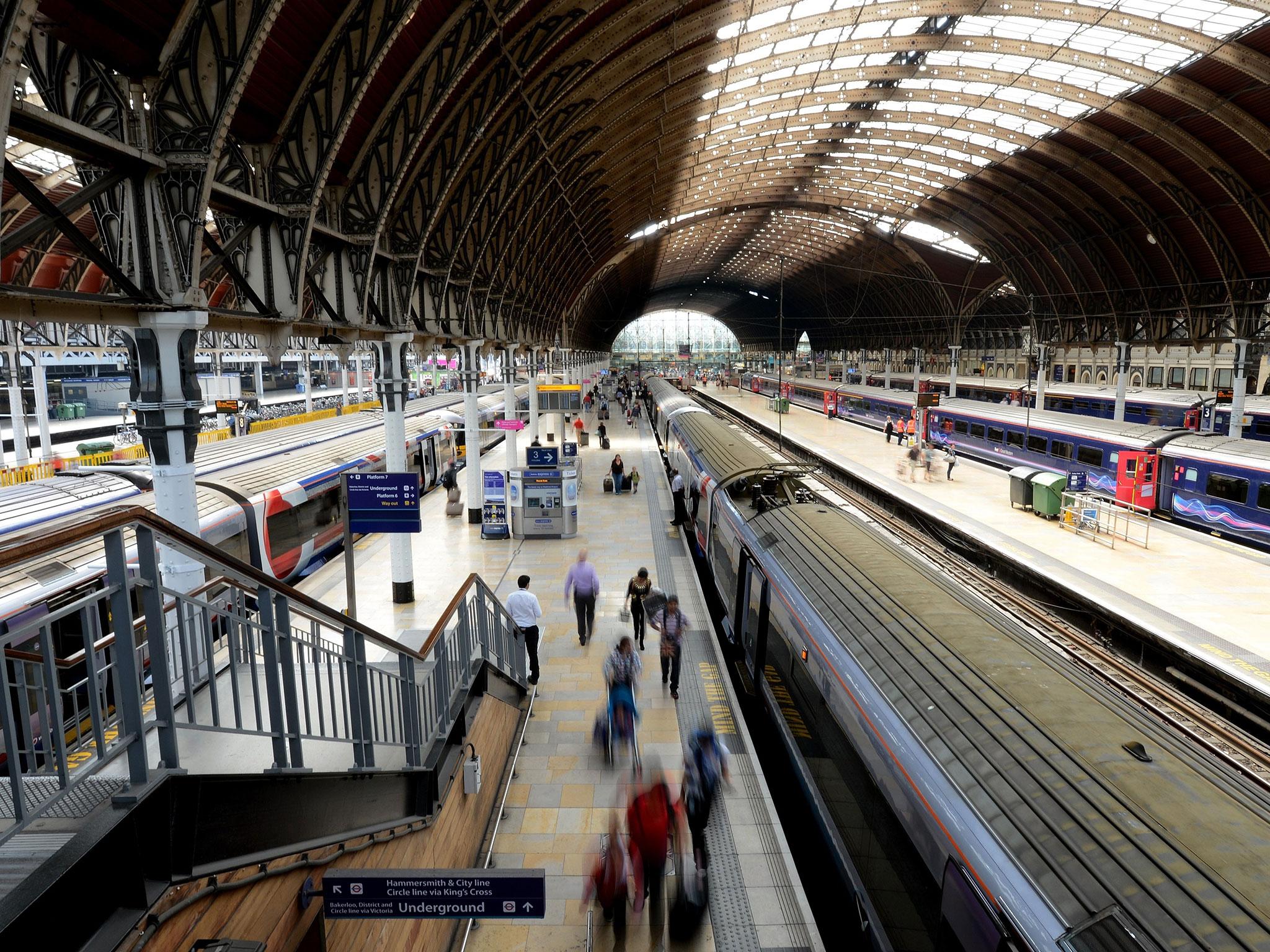Train fares to rise by 3.4% in January, rail industry announces
Changes mark the largest fare hike in five years

Train fares in Britain will rise by an average of 3.4% in January, the rail industry announced today.
The new fares will come into effect on 2 January, industry body the Rail Delivery Group (RDG) said.
It marks the largest fare hike for passengers in five years. Prices increased by 3.9% in 2013.
Over the past 12 months, one in nine trains have failed to meet the rail industry’s punctuality target, according to the Press Association. It means commuter service trains have arrived more than five minutes late at terminating stations, while long-distance journeys are over 10 minutes late.
The Rail, Maritime and Transport (RMT) union’s general secretary, Mick Cash, called the fares increase as “another kick in the teeth for passengers” and accused private train companies of “laughing all the way to the bank”.
“For public sector workers and many others in our communities who have had their pay and benefits capped or frozen by this Government, these fare increases are another twist of the economic knife.”
According to passenger watchdog Transport Focus, only 47% of passengers are satisfied with the value for money of train tickets.
Earlier this year, research by the RMT found that rail fares have risen twice as much as people’s wages since 2010 – figures showed rail prices had increased by 32% while average weekly earnings had only increased by 16%.
The RDG said that for every pound spent on fares, more than 97p is put back into improving and running the railway.
Chief executive Paul Plummer said the increases to almost half of fares are controlled by the Government, while the rest are “heavily influenced” by the payments train companies make as part of contracts to run franchises.
“Alongside investment from the public and private sectors, money from fares is underpinning the partnership railway’s long-term plan to change and improve,” he said.
The Government uses the previous July’s retail prices index measure of inflation to determine increases in regulated fares, which was 3.6%.
These are around half of all tickets and include season tickets on most commuter routes and some off-peak return tickets on long-distance journeys.
Train operating companies set the prices of other tickets but are bound by competition rules.
Additional reporting by PA
Subscribe to Independent Premium to bookmark this article
Want to bookmark your favourite articles and stories to read or reference later? Start your Independent Premium subscription today.

Join our commenting forum
Join thought-provoking conversations, follow other Independent readers and see their replies